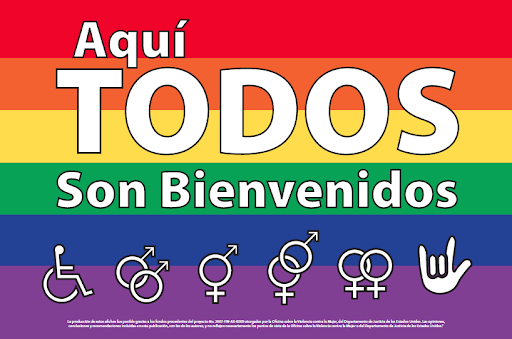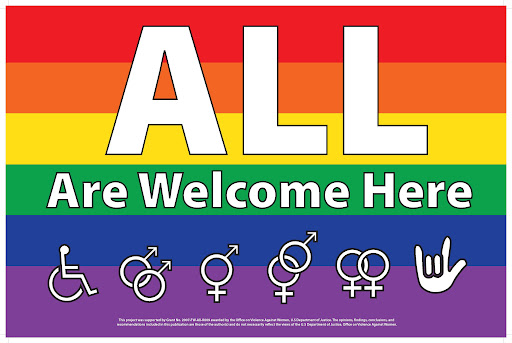Domestic Violence
What is domestic violence?
Domestic Violence is a pattern of behaviors used by one partner to maintain power and control over another partner in an intimate relationship.
Who are the victims?
Domestic violence does not discriminate; it knows no boundaries and crosses all economical, educational, religious, racial, cultural, and geographic and lifestyle lines.
What are the affects?
Domestic Violence can affect all aspects of a survivor’s life and often survive with long lasting effects to their mental and physical heath and relationships. Survivors also experience an array of emotions from the abuse and feel isolated, depressed, have anxiety, want the abuse to end bot not the relationship, shame, and fear of not being able to support themselves.
What are the warning signs?
Red flags and warning signs include:
Possessiveness Extreme jealously and accusations
Control Finances Mood swings or anger outbursts
Controlling Behavior Demeaning the victim
Constant Blame Cruelty to animals
Sabotage or obstruction victim’s ability to work or attend school

Power and Control Wheel link here
Why do victims stay?
Leaving can be more complicated that it seems and is the most dangerous time for a victim because abuse is about power and control. When a victim leaves they are taking control and threatening the abusive partner’s power.
There are many reasons why victims stay in abusive relationships:
Fear, believing the abuse is normal, embarrassment or shame, cultural or religious reasons, language barriers or immigration status or lack of money and resources
Sexual Assault
What is Sexual Assault?
Sexual assault is sexual contact or behavior that occurs without explicit consent of the victim. Forms of sexual assault include:
- Attempted Rape
- Fondling or unwanted touching
- Forcing a victim to perform sexual acts
- Penetration of the victim’ s body
What is consent?
Consent is an agreement between participants to engage in sexual activity. When you’re engaging in sexual activity, consent is about communication. And it should happen every time. Giving consent for one activity, one time, does not mean giving consent for increased or recurring sexual contact. You can withdraw consent at any point if you feel uncomfortable.




